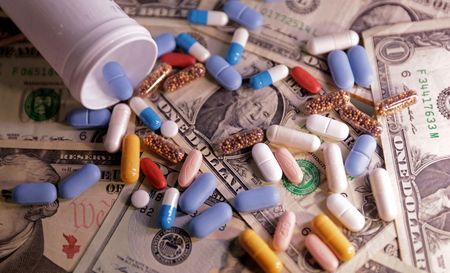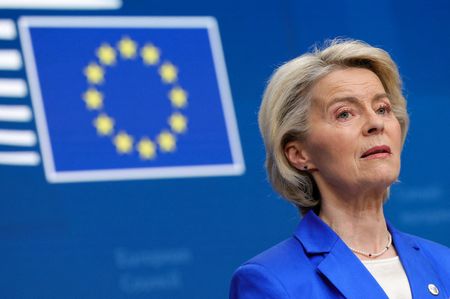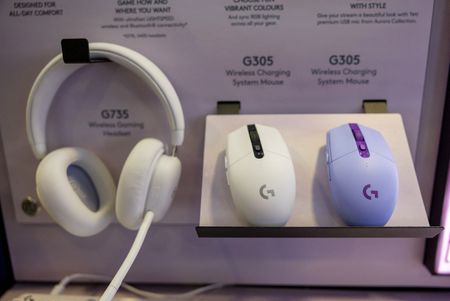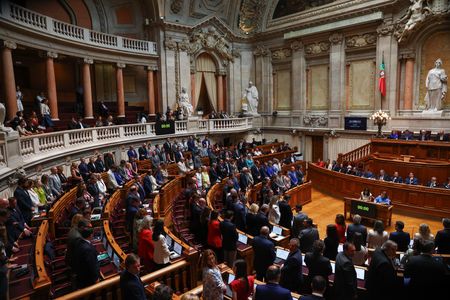By Alistair Smout
LONDON (Reuters) -The British government is preparing to meet the “inevitable” increase in the cost of some drugs following talks over pharmaceutical sector pricing and tariffs with the United States, Science Minister Patrick Vallance said.
U.S. President Donald Trump has pressured Europe to pay more for U.S. drugs, and major pharma companies have halted investments in Britain, citing a difficult operating environment.
Vallance has acknowledged that the country’s National Health Service needs to reverse a trend of declining spending on medicines, and on Tuesday he said that the ongoing talks with Washington would mean the costs of certain drugs would go up.
“I think that some degree of price increase is inevitable,” he told lawmakers at a committee hearing, adding existing medicines and generics might not see the same increases.
“I think for brand new, innovative medicines, it’s likely there will be some price increase.”
UNCERTAINTY OVER US TALKS IMPACTS GOVERNMENT AND FIRMS
Asked if he was discussing the implications of such price increases on the state-run National Health Service with the health and finance ministries ahead of an annual government budget on November 26, Vallance said: “yes.”
“We’ve discussed the fact that if there’s a rise in price for innovative medicines, that comes with a cost load, and that needs to be met,” Vallance said.
Vallance declined to comment on the details and latest status of the negotiations over pricing with the United States.
Amid uncertainty over those talks, the Association of the British Pharmaceutical Industry said pharmaceutical firms now had until November 14 to notify whether they intended to leave a voluntary pricing scheme, which has been a point of contention with the government.
ABPI said the two-week extension was “to give companies more time to consider their decisions in the context of ongoing global uncertainty affecting the life sciences sector.”
Also under scrutiny in talks with the United States is Britain’s framework for establishing the value for money of medicines, known as NICE.
Junior Health Minister Zubir Ahmed said there was no formal review looking at the NICE framework, but wanted to ensure it was “fit for the future” given concerns that the current system led to medical innovation being undervalued.
(Reporting by Alistair Smout; Editing by Sharon Singleton)











